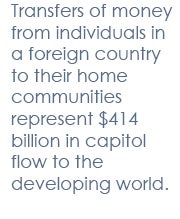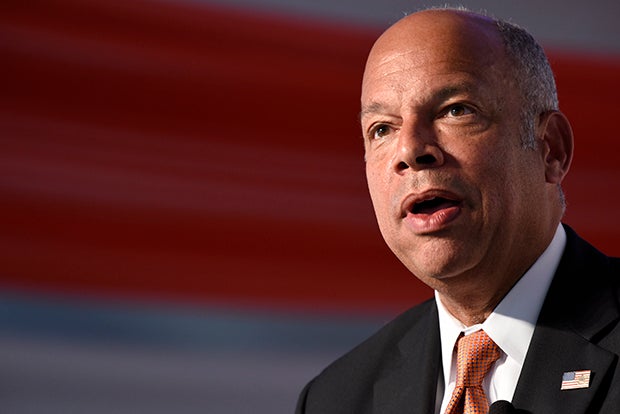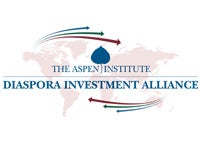
*This piece was adapted from the World Bank Blog.
If we have learned one thing through our work in impact investing, it’s this: There’s a strong and growing desire to combine business, social, and environmental objectives in order to have double bottom-line impact and provide needed services for the poor and vulnerable.
To capitalize on that desire in the face of challenges — from hunger to health to economic inequity, not to mention limited capital resources of philanthropy and non-profit organizations — we must now work to identify innovative new ways to unlock needed private capital.
One exciting opportunity to mobilize private resources for local economies is through the burgeoning diaspora investing market. Global remittances — transfers of money from individuals in a foreign country to their home communities — represent $414 billion in capital flow to the developing world, and are projected to rise to $534 billion by 2015. Diaspora communities from India, the Philippines, and Mexico alone represent $120 billion in remittances.

Over the past year, the Aspen Institute Diaspora Investment Alliance (formerly the Rockefeller Foundation-Aspen Institute Diaspora Program) has undertaken a diaspora outreach series to investigate diaspora communities’ willingness and barriers to investing and donating in their origin countries. One major finding was that diasporas have a strong desire to invest, yet there exist many obstacles to doing so. Consequently, if effective and efficient avenues to facilitate diaspora impact investing or donating were readily available, many individuals would use them. The starting point to address barriers in diaspora impact investing is an understanding of the reasons why migrants may decide not to invest in origin country development, even when they have both the desire and capacity to do so. Here are some of the major barriers to origin country investment and philanthropy as expressed by diaspora communities.
Lack of Information and Transparency
Diasporans often do not have sufficient information on impact investment or donation options to make informed decisions. When it comes to investments, the costs of sourcing and vetting deals are often prohibitive for individual investors, particularly in markets with a lack of credit bureaus. On the donation side, there is an abundance of options. For instance, there are more than 3,000 certified NGOs in the Philippines and more than 7,000 registered NGOs in Kenya – yet there are no third-party ratings (e.g., Charity Navigator) of these agencies.
Widespread Legal Challenges
The legal challenges for US diaspora residents to invest in their countries of origin are widespread and complex. Due to strict legislation around investor qualifications (as well as certification procedures of these qualifications), diaspora individuals are often required to meet certain wealth or income thresholds in order to invest in private offerings. In addition, both issuers and investment intermediaries, such as foreign banks and crowdfunding platforms, face strict solicitation procedures and high compliance costs. This makes it difficult for diaspora investors to have access to origin country investment opportunities in the first place. With respect to donations, unless donating through a US 501(c)(3) or public charity sponsor, donors are unable to receive a tax deduction. The ability to receive a tax deduction is important because it offers a financial incentive for diaspora donors.
Growing Need for Financial Intermediaries
Both financial and public intermediaries are necessary for diasporans to effectively and efficiently invest and donate for social impact in their countries of origin. Legal frameworks for investing and donating need to be navigated in such ways that give diasporans ample incentives as well as ease in the funding process. Additionally, for there to be the greatest developmental impact, intermediaries must find ways to democratize investment and donation vehicles so that all diasporans may be able to participate. It is equally important for these intermediaries to institutionalize transparency, for instance by creating formal vetting and ratings structures for funding recipients. This open knowledge will meet the needs of diasporans, which will in turn incentivize them to invest in and donate to their countries of origin.
The Diaspora Investment Alliance is actively pursuing the development of innovative solutions to address these challenges. This year, we will pilot several of our solution innovations in partnership with key strategic partners from both the public and private sectors. The successful pilots will be scaled and replicated with global diaspora communities. Our goal is to mobilize $100 million in diaspora capital for development.
Alexander Dixon is the director of the Aspen Institute Diaspora Investment Alliance. Benjamin Stephan is a program associate.

